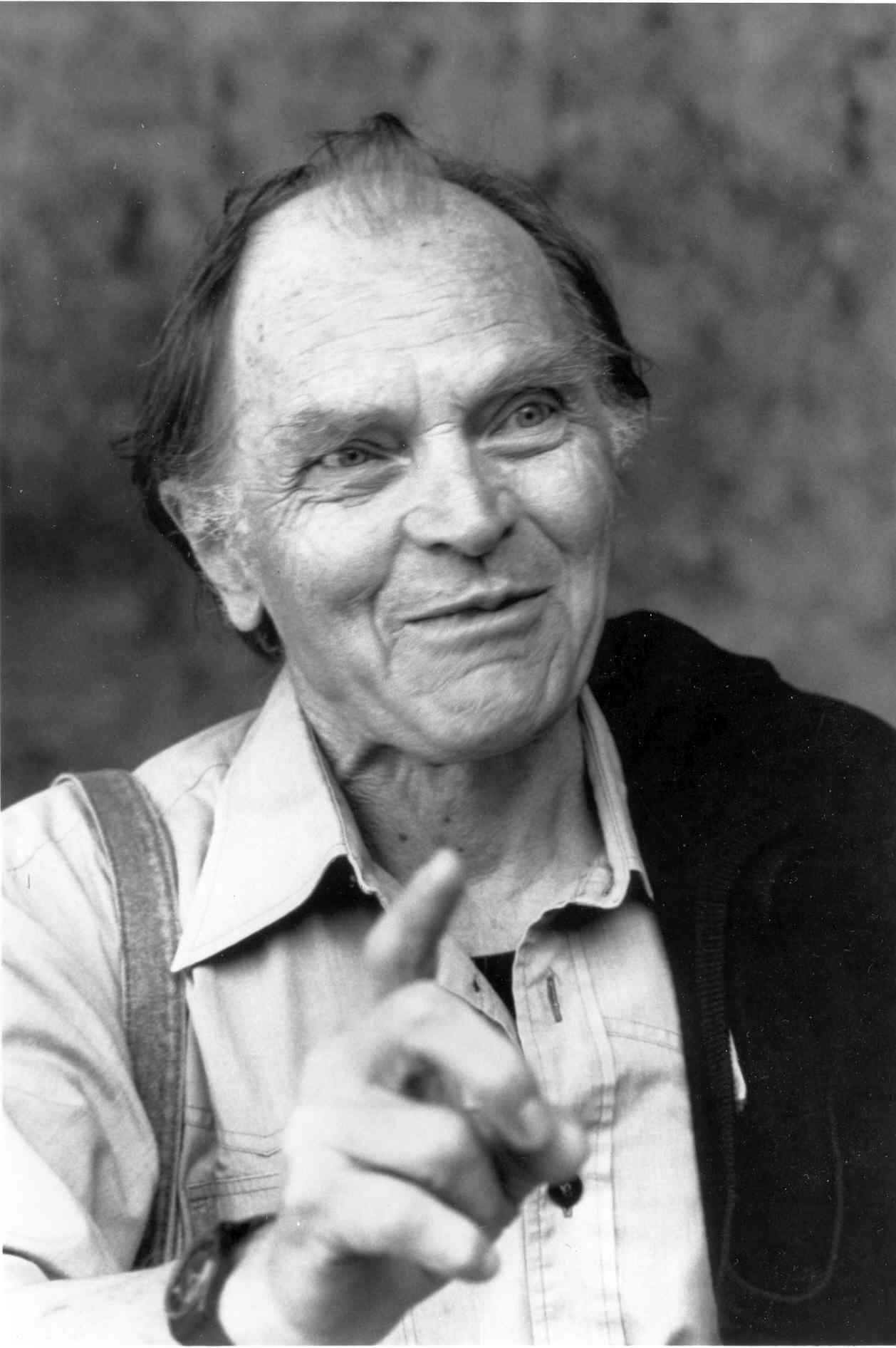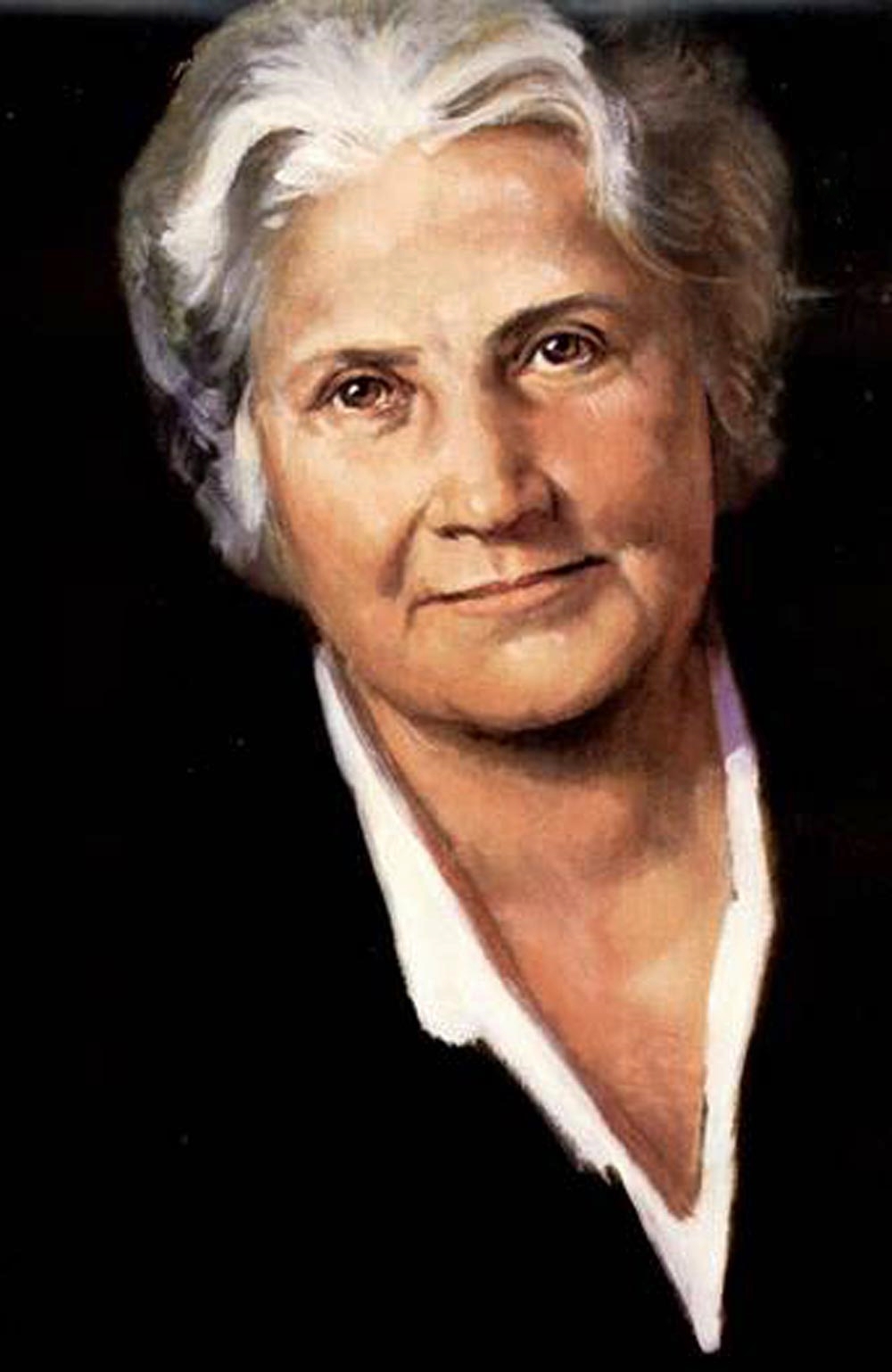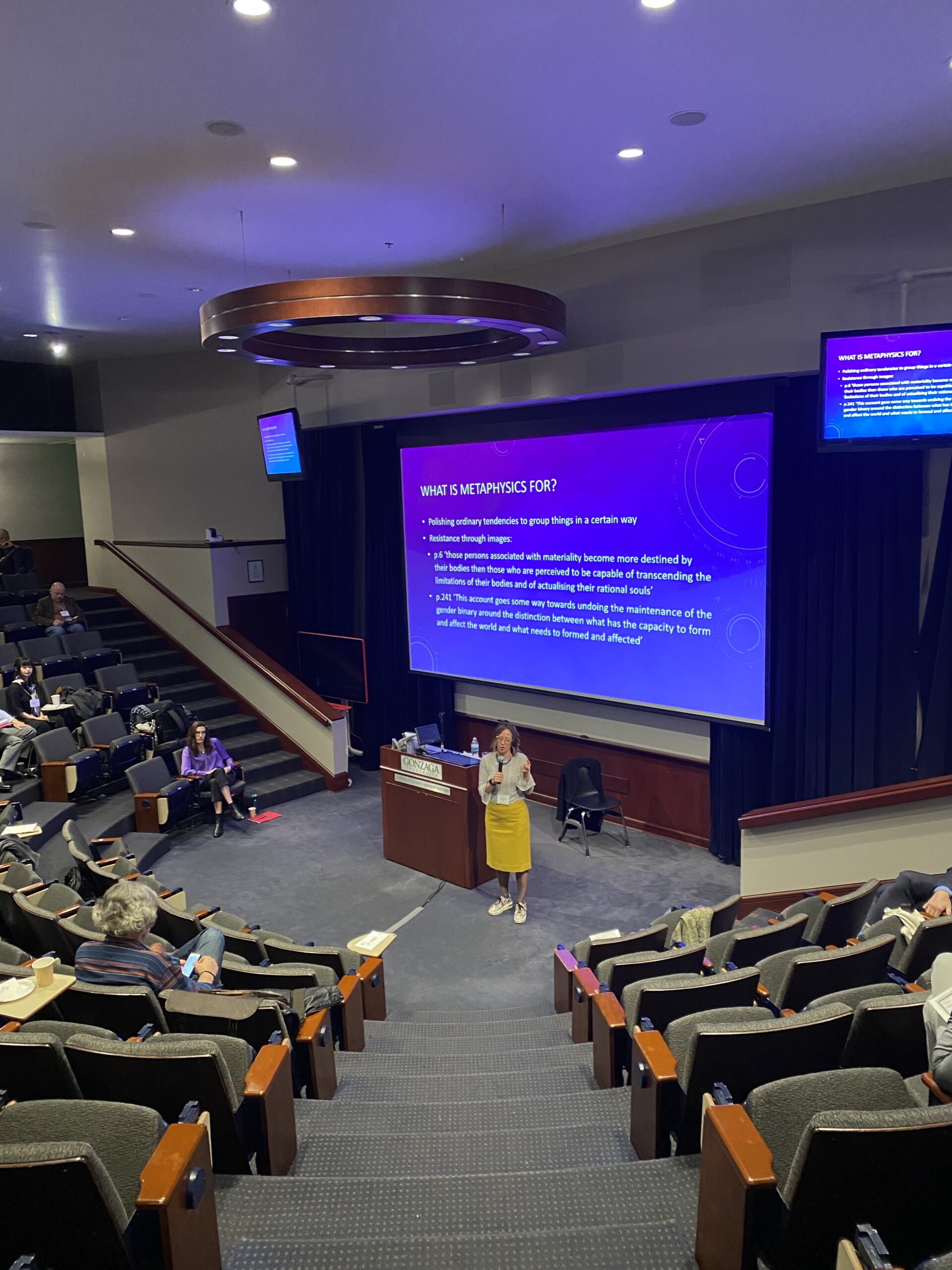By Richard Pimentel
"During his life, Aristotle published twenty-one dialogues. While fragments from the first half of them have been found, the others have vanished without a trace, except for the titles. The complete works attributed to Aristotle today were precariously compiled from a set of lecture notes in the library of the Lyceum where Aristotle taught. They were never intended for publication. Is Aristotle even the author of those lectures? Why did they survive while his dialogues didn’t? These are the questions we are trying to answer."
Black Market Truth, written by Sharon Kaye (philosophy professor at John Carroll University), is the first book in the Dana McCarter Trilogy: The Aristotle Quest. This suspense novel is an edgy philosophical fiction about the lost dialogues (scrolls) of Aristotle and its implications on religious belief, specifically Roman Catholicism.
The quote above from Sharon Kaye summarizes the purpose behind her book. Kaye underwent an extensive inquiry regarding the last dialogues Aristotle wrote before he died. Subsequently, this provided Kaye with the idea for the novel. Her lead character, Dana McCarter, was like Kaye, devoted to these last dialogues of Aristotle. Dana McCarter was the director of New York University’s Advanced Institute for the Study of Antiquity and she became famous for her work on ancient Greek manuscripts. She spent a great deal of time attempting to reconstruct Aristotle’s last dialogues and examining Aristotle’s philosophical concepts in these dialogues, particularly nominalism and religion. However, she was thrust into the black market world of ancient documents and became involved in the investigation into the theft of Aristotle’s scrolls from St. Paul’s sarcophagus. She teamed up with a Vatican investigator, Domenico Conti, to find the missing scrolls but along the way she was being pursued by Cardinal Giuseppe Torelli, a member of the papal curia. The reader finds out that the scrolls are of particular interest to the Cardinal and that he will resort to any measure to find the missing scrolls. Moreover, Dana falls in love with Conti but, in the end, he is not the person that she expected him to be.
Throughout all the action, the author inserts chapters of Dana’s reconstructions regarding Aristotle’s last dialogues. These reconstructions included Aristotle’s inclination towards nominalism, a metaphysical concept that can be damaging to religious belief. She believes that Aristotle promoted nominalism in The Eroticus rather than the immanent realism that many philosophers ascribe to Aristotle. In addition, Dana believes that other dialogues contain details on Aristotle’s love life and his bitterness towards Philip of Macedon. The Symposium was a debate that Aristotle had with proponents of Judaism, the Dionysian Mysteries, the Pythagorean Religion, and the Supreme Cause. Aristotle was the sole non-religionist and he challenged his opponents to uncover his errors regarding religion. Lastly, The Nerinthus alleges that the true source of Roman Catholicism is the cult of Dionysus.
The interplay between Dana reconstructing Aristotle’s dialogues, the philosophical implications of the dialogues, the suspense involved in the search for the missing scrolls, and the revelation of Dana’s birth mother was fascinating. It is definitely edge-of-the-seat material. For instance, Dana figures out that Cardinal Torelli wants desperately to keep Aristotle’s lost dialogues hidden so that the world does not find out that the Dionysian Mysteries are the true source of the Catholic Church. This not only served as the explanation for the Cardinal’s criminal pursuits, his leadership of a bloody cult unbeknownst to the Church, but it also served to explain one of Dana’s most significant arguments. Dana felt that if the scrolls were revealed to the world, it would send shockwaves but not all adherents of Catholicism would abandon their faith. Certainly, it would change the minds of some but, for many, they would continue to be Catholics despite the shocking discoveries. Dana argues that The Nerinthus "showed that Aristotle anticipated the concept of Christianity three hundred years before the birth of Jesus." She brings up this issue in a discussion with the young Zapher Inan. Zapher states to Dana, "But there must be some form of evidence Christians would recognize as proof that they’re wrong. There must be something that would convince them." Dana replies, "I don’t think so Zapher. That’s faith. And that’s exactly the problem."
Despite the plot’s intensity and thought-provoking material, Sharon Kaye’s afterword is a must read. It is important to read the afterword after reading the body of the book because it will spoil the end for the reader. In the afterword, the reader finds out that the book is not intended as a historical thesis but, rather as a philosophical thought experiment. Kaye writes, "A thought experiment is an imaginary scenario designed to test our intuitions on a controversial issue." In this case, if Dana’s discoveries were true regarding the cult of Dionysus, the origin of the Catholic Church, and the New Testament verses that the apostle Paul allegedly plagiarized from Aristotle, Kaye asks, "Should it make a difference to believers? Is there anything that can falsify faith? If so, then exactly what would it take?" This is certainly a necessary experiment that Christian believers should desire to participate in without fear. The Bible itself commands believers to "test all things" and "to find a reason for the hope that is in you." It is important for Christian believers to critically examine their beliefs, just as it is equally important for critics of Christianity to critically examine their beliefs.
There are a couple of points made by Kaye that need to be addressed. Kaye’s definition of faith needs to be re-visited. Many Christian theologians and philosophers would disagree with her use of the term. It is not unusual for faith to be seen as the opposite of reason, as something that is blind and indifferent to evidence. This perception is not only held by those outside of the church, but it is held by some in the church itself. However, this is not the correct, orthodox definition of faith. Faith and reason are not natural enemies. The Christian philosopher, J.P. Moreland, argues in Love Your God With All Your Mind, that faith is built on reason: "faith is a power or skill to act in accordance with the nature of the kingdom of God, a trust in what we have reason to believe is true…We should have good reasons for thinking that Christianity is true before we dedicate ourselves completely to it." In addition, other Christian philosophers such as Augustine and Thomas Aquinas claimed that faith is an intellectual act. This is important in light of the claim made by Dana McCarter about convincing evidence against Christianity’s veracity. Whether Kaye agrees with Dana’s point is not certain, nonetheless it is important to clarify the definition of faith.
Regarding the principle of falsifiability used by Kaye in the novel, there is convincing evidence that would falsify Christianity and it is an empirical fact that is mentioned in the Bible by the apostle Paul. He states in 1 Corinthians 15:14, "And if Christ has not been raised, our preaching is useless and so is your faith." There does exist a claim that is falsifiable. The birth and veracity of Christianity rests on this fact and the subsequent empty tomb. However, there exists strong evidence for the truth of the Resurrection of Jesus Christ as attested to by scholars such as Dr. William Lane Craig, Dr. Gary Habermas, and recently, Dale Allison, Jr. in his book Resurrecting Jesus. The latter is significant because Allison affirms the historicity of the empty tomb and the post-Resurrection appearances of Jesus, despite his skepticism.
There are numerous historical and philosophical issues raised by Kaye in the novel and in the afterword, particularly the implications that arise from Kaye’s interpretation of Aristotle’s life and works. She emphasizes the questions regarding Aristotle’s works. Was he anti-religious? Were the members of the Lyceum generally irreligious? Was Aristotle a realist or nominalist? It is evident that Kaye has devoted a great deal of her academic life to these questions and other related issues. Although I disagree with her thoughts regarding the origin and veracity of Christianity, her devotion as a philosopher and historian, especially with regards to Aristotle, has produced a suspenseful and thought-provoking novel that will leave the reader anxious for the next installment of The Aristotle Quest.








/Mary-Wollstonecraft-x-162279570-56aa24f45f9b58b7d000fc2b.jpg)
